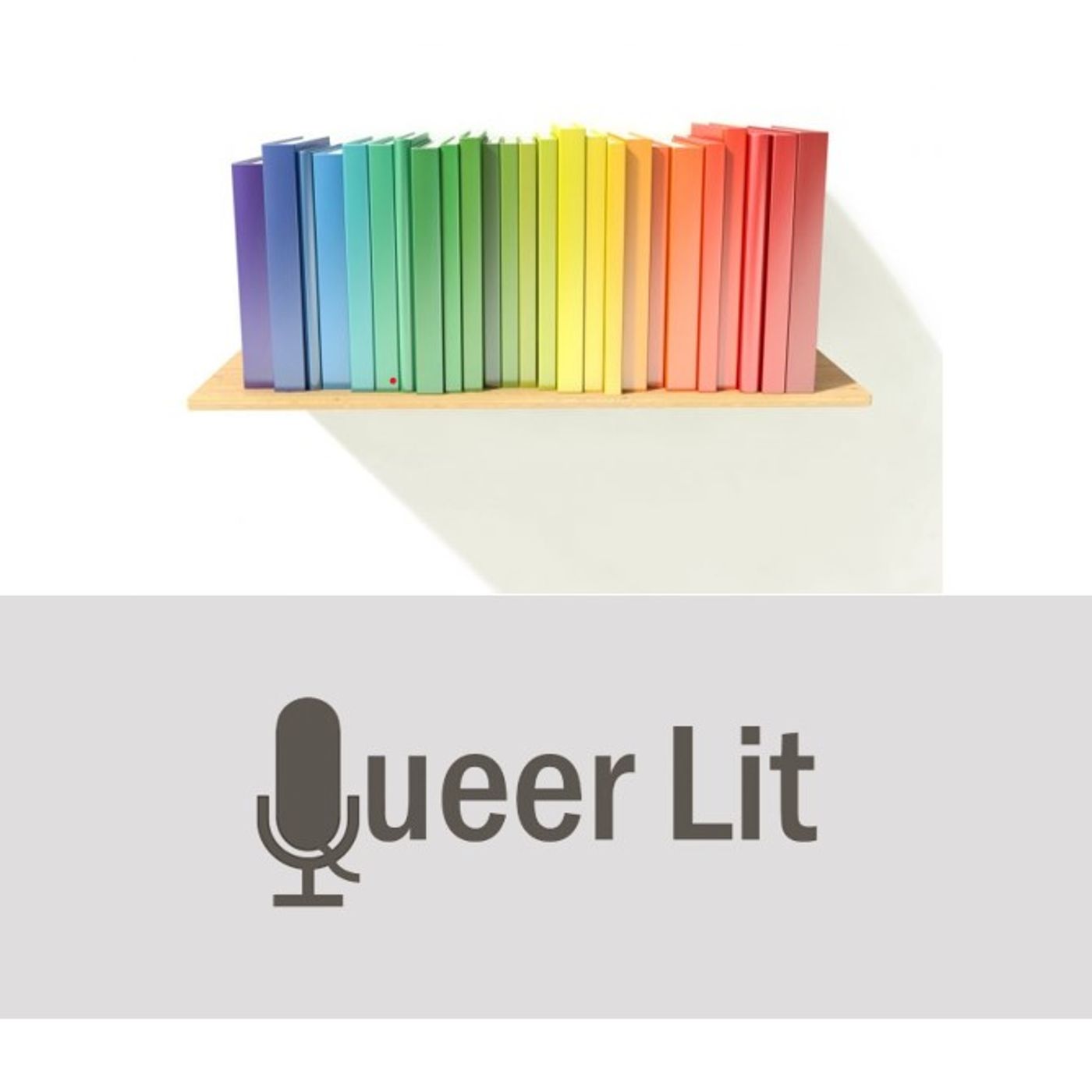“Queer Second Cities and Serial Bisexuality” with Maria Sulimma
Description
A dog walks into a lesbian bar. I am not sure there is a punchline but there is definitely a podcast episode here. Listen to this chat with my lovely friend and colleague Maria to hear about the conference we will be hosting together, about queerness and/in the city, about seriality and sexuality, and about Maria’s fascinating take on TV and identity.
Follow @queerlitpodcast on Instagram and help us answer the question of all questions: Berlin or Cologne?
References to Maria’s work:
City Scripts: Narratives of Postindustrial Urban Futures. Co-edited with Barbara Buchenau and Jens Martin Gurr, the Ohio State University Press (2023).
“Surviving the City: Zombies, Run! and the Horrors of Urban Exercise.” Playing the Field II: American Studies, Video Games, and Space, edited by Dietmar Meinel. De Gruyter, 2022. 223-240.
Gender and Seriality: Practices and Politics of Contemporary US Television. Edinburgh: University Press, 2021.
“Defined by Distance: The Roadtrip and Queer Love in Alice Isn’t Dead.” Special Issue “Feminism, Gender, and Podcast Studies,” edited by Julia Hoydis. Gender Forum 77 (2020): 69-89.
http://genderforum.org/1596-2/
Die anderen Ministerpräsidenten – Geschlecht in der printmedialen Berichterstattung über Berufspolitik. Berlin: LIT Verlag, 2014.
Other references:
https://queersecondcities.wordpress.com/
[email protected]
ALUS https://blogs.helsinki.fi/hlc-n/
Zombies, Run!
Lieven Ameel (et al) Literary Second Cities
Scott Herring’s Another Country: Queer Anti-Urbanism
Jack Halberstam
Metronormativity
Stuart Hall
Raymond Williams
Angela McRobbie
How To Get Away With Murder
The Hundred
Maria San Filippo’s The B Word
House
Spiral Gendering
Ben Robbins
James Baldwin’s Another Country (1962)
The Last Black Man in San Francisco
Questions you should be able to respond to after listening:
What is a second city? What do cities have to do with queerness? Maria briefly speaks about metronormativity. Please find a definition for this term and think about how it is relevant to urban/rural queer spaces. What is seriality? Which kinds of narratives might this concept apply to? How is seriality relevant to gender and sexuality? Maria speaks about bisexuality but maybe you can think of storylines in series that deal with other aspects of queerness?
More Episodes
Have you thought to yourself recently: How come trans literature is having such a moment right now? Then this episode is for you. Sabine Sharp, editor of The Routledge Handbook of Trans Literature (2024), is joining me for a chat about the significance of trans literature today, as well as its...
Published 11/26/24
Published 11/26/24
How does your embodiment affect your perception and thus your writing? This is one of many questions Amber Jamilla Musser tackles in her most recent monograph, which builds on her brilliant work in Black feminism and queer femininity. Amber tells us how sensation and individual experience need to...
Published 11/12/24


